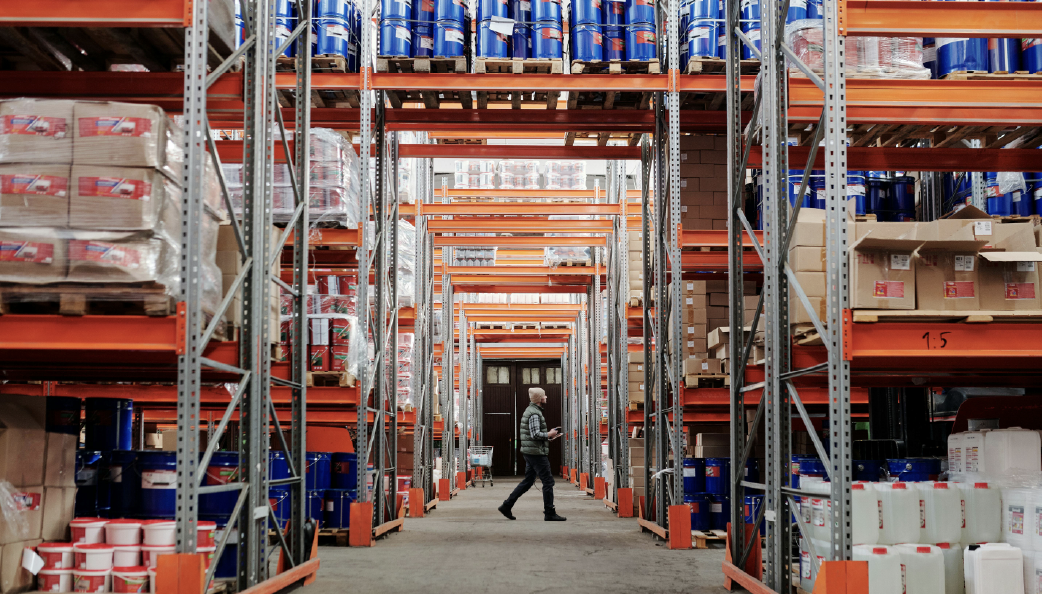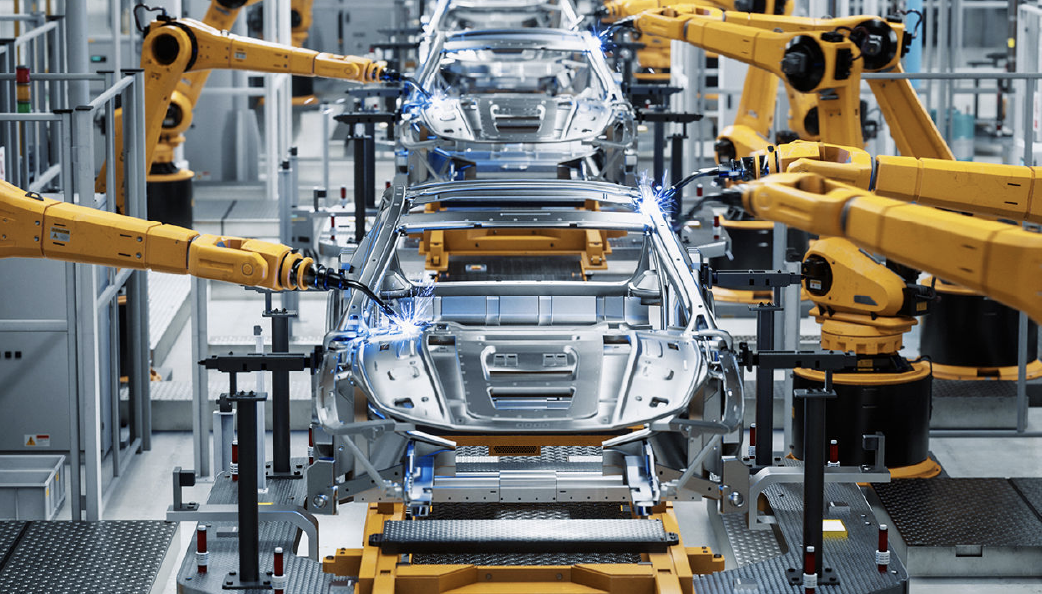The Brazilian light vehicle market grew 14.1% last year, with 2.63 million units sold, according to Anfavea (National Association of Motor Vehicle Manufacturers). This figure even surpasses the global growth average, estimated at 2%. Despite strong sales performance, what is really transforming the automotive sector is not the vehicles themselves, but the digitalization of auto parts sales and after-sales services.
Digital catalogs and fast access to technical information
With the rise of hybrid and electric vehicles—now representing 7% of all sales in Brazil, according to Anfavea—the replacement parts market faces significant technical challenges. Manufacturers like Bosch and Delphi have digitized their parts catalogs to ensure that workshops and resellers have up-to-date compatibility information. This helps avoid common errors in part selection and allows consumers to find the right options faster.
Synchronized inventories and real-time pricing
Distributors have also adopted systems that automatically update inventory and pricing on their digital channels, such as websites and marketplaces. AutoParts, for instance, reported a 30% reduction in stock discrepancies after implementing an integrated management platform, according to an internal report released late last year. Automating these stages prevents stockouts, improves the buying experience, and reduces financial losses.
New sales channels: more autonomy for workshops and consumers
Digitalization has opened the door for distributors to sell directly to workshops, retailers, and end consumers through various digital channels. This includes their own e-commerce stores and integrations with automotive marketplaces. As a result, buyers can access complete catalogs, compare options, and make purchasing decisions based on reliable data—all without leaving the workshop or their homes.
Real benefits in the day-to-day operations of shops and buyers
Small businesses and end consumers are the main beneficiaries of this digital shift. Workshops can check stock availability from multiple suppliers in real time and purchase only what’s needed for each job. This speeds up repairs, reduces delays, and builds customer trust. On the consumer side, they gain access to more options, with clear information on price, compatibility, and availability—making the process more transparent.
Preparing for the future: hybrids, EVs, and digitalization
With continued growth expected in the hybrid and electric vehicle segment—driven by regulatory incentives and shifting consumer behaviors—the auto parts sector must keep evolving. Digitalization is not just about efficiency, but a strategic response to an increasingly complex market. It enables the management of more diverse inventories, the upskilling of professionals with accurate technical information, and consistent operations across multiple channels.












